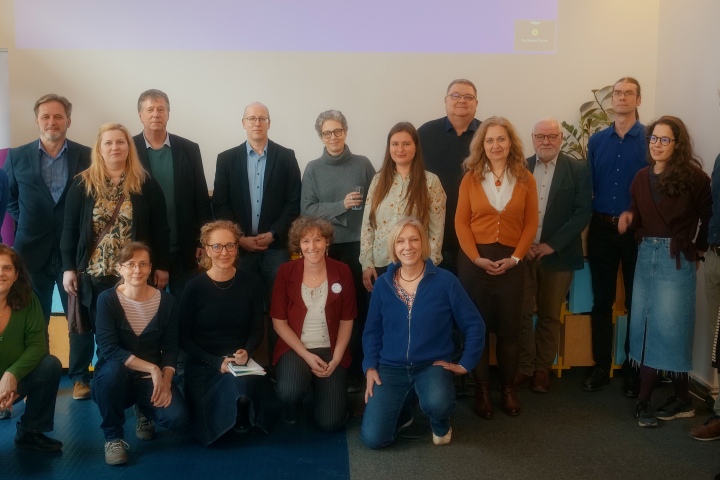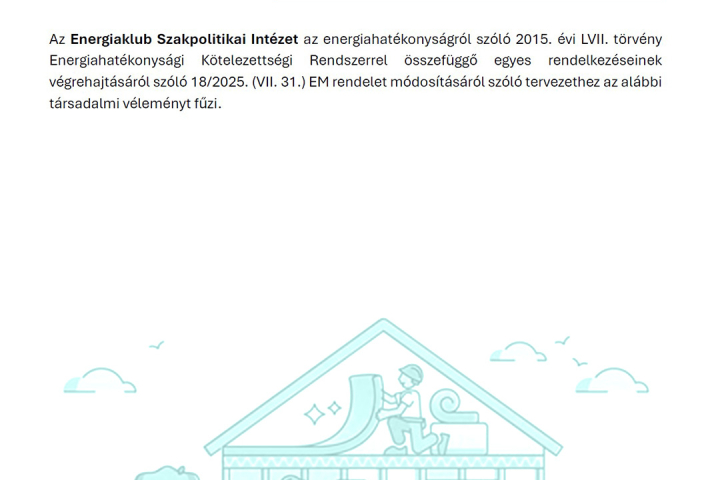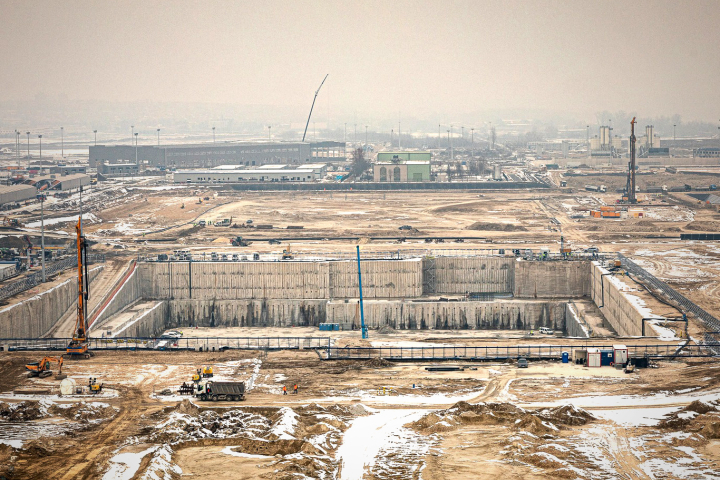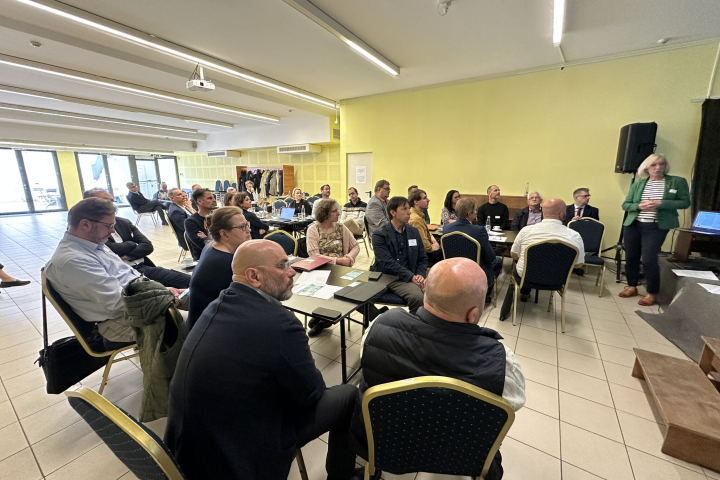Policy opinion submitted to the RRF Monitoring Committee
The Energiaklub Climate Policy Institute has submitted its policy opinion on the proposed amendments to Hungary’s Recovery and Resilience Plan (RRP), as coordinated by the National Development Centre and overseen by the RRF Monitoring Committee. In our view, the proposed changes pose a serious threat to the success of Hungary’s green energy transition, especially in terms of renewable energy deployment, tackling energy poverty, and upgrading the electricity grid.
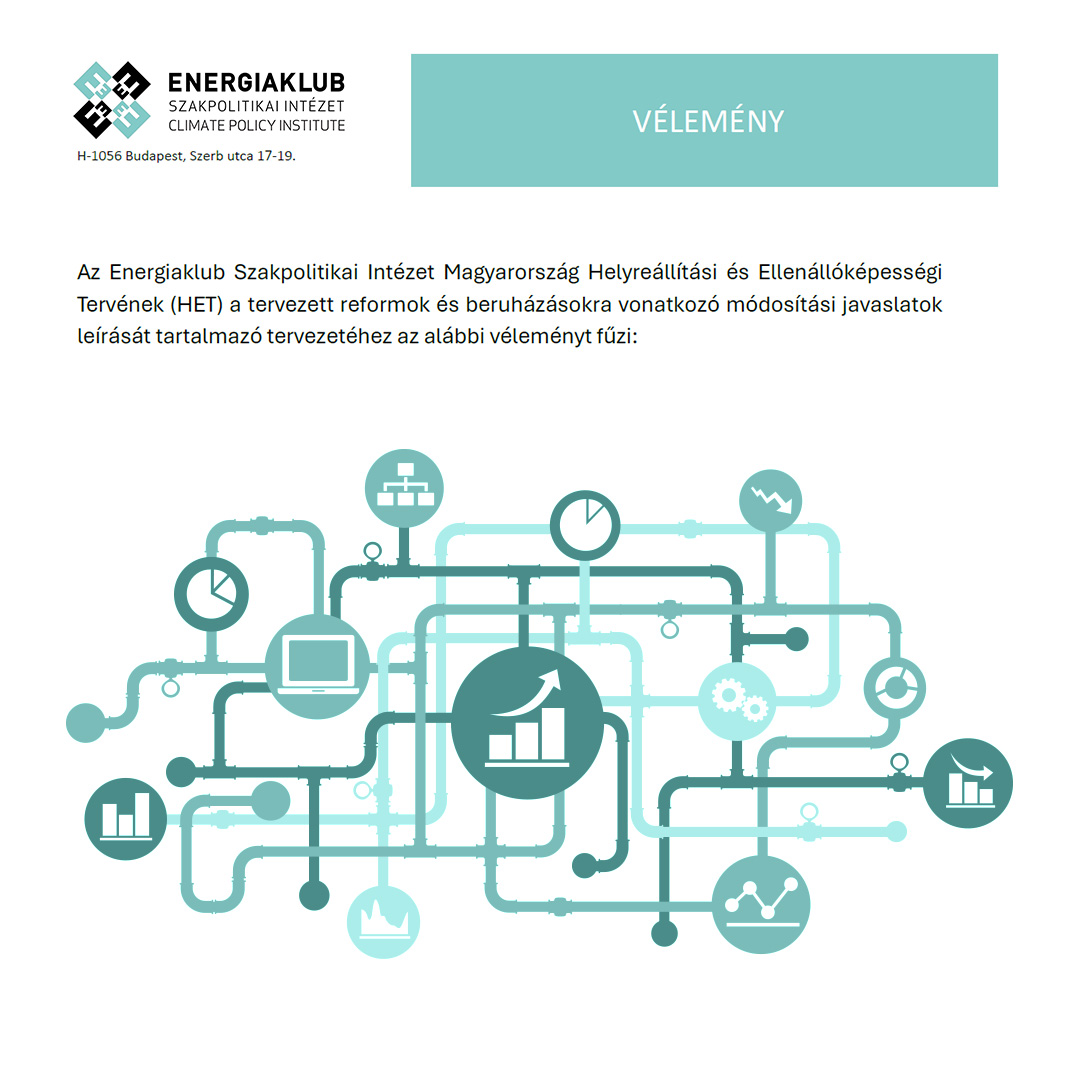
What is the RRF Monitoring Committee?
The Recovery and Resilience Facility (RRF) is the European Union’s flagship response to the post-COVID-19 economic and social recovery. As part of this framework, the Hungarian Recovery and Resilience Plan outlines a range of reforms and investments aimed at strengthening the economy, reducing energy dependence, and achieving climate targets.
The RRF Monitoring Committee is responsible for overseeing the implementation of the plan in Hungary: it tracks the achievement of milestones, the use of EU funds and ensures that the measures are aligned with both EU and national objectives.
Key concerns and observations
In our submission, we highlighted that many critical measures for the green transition are either at risk of being cancelled or are facing significant funding cuts—a trend that not only jeopardises specific targets but also risks undermining broader developments through knock-on effects.
Massive cuts to the RePowerEU chapter
The RePowerEU chapter, originally designed to support the phase-out of fossil fuels and reduce energy import dependency, has been virtually emptied. Particularly concerning is the proposed removal of even zero-cost reforms that could have meaningfully contributed to greening the energy system.
Residential energy efficiency: funding reduced to a tenth
We are especially concerned that funding for improving the energy efficiency of residential buildings and addressing energy poverty would be reduced from the originally planned HUF 228 billion to barely a tenth of that amount.
Geothermal energy and water management: components effectively hollowed out
The nearly HUF 150 billion previously allocated for geothermal energy development would be completely removed from the plan. Similarly, the water management component would be essentially hollowed out: of the originally planned HUF 14 billion, only HUF 0.1 billion would remain—and even that would be limited to awareness-raising activities.
Solar PV and emissions: contradictory figures, reduced capacity
The greenhouse gas (GHG) reduction estimates presented in the revised plan are inconsistent and contradictory. Various sections mention savings ranging from 23,000 to 65,000 tonnes of CO₂, yet no clear background calculations are provided.
Meanwhile, support for residential solar systems, grid development, and the electrification of heating systems would all face significant funding cuts compared to the original plan.
Electric vehicles vs. public buildings
A new element has been introduced: financial support for businesses to purchase electric vehicles. At the same time, the energy renovation of public buildings has been entirely removed—even though the originally planned funding for this component would have doubled.
Conclusion: a setback for our green future
The proposed amendments would not only slow down Hungary’s energy transition, but also undermine energy sovereignty, supply security, and the achievement of climate targets. Cutting back on green investments causes a double loss: not only are vital renewable capacities not being developed, but other related sectors—such as grid infrastructure, green manufacturing, and job creation—also suffer.
The Energiaklub’s position is clear: the planned deletions, reductions, and inconsistencies in the RePowerEU chapter and related energy components require a comprehensive rethink—otherwise, the RRF funds will fail to fulfil their original green purpose.
📄 The full opinion (in Hungarian) is available here: Társadalmi véleményünk a HET módosítási tervezetéről (PDF)

